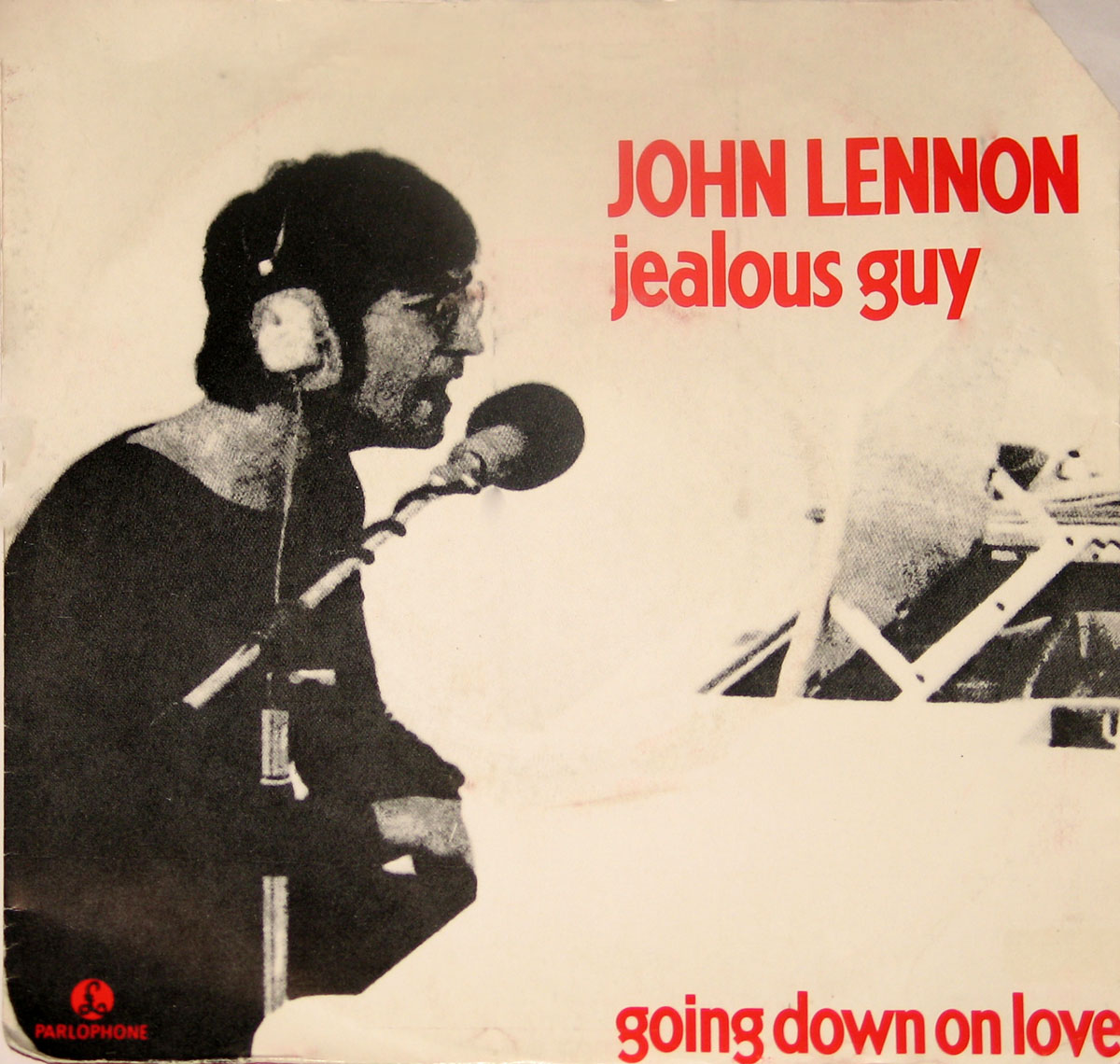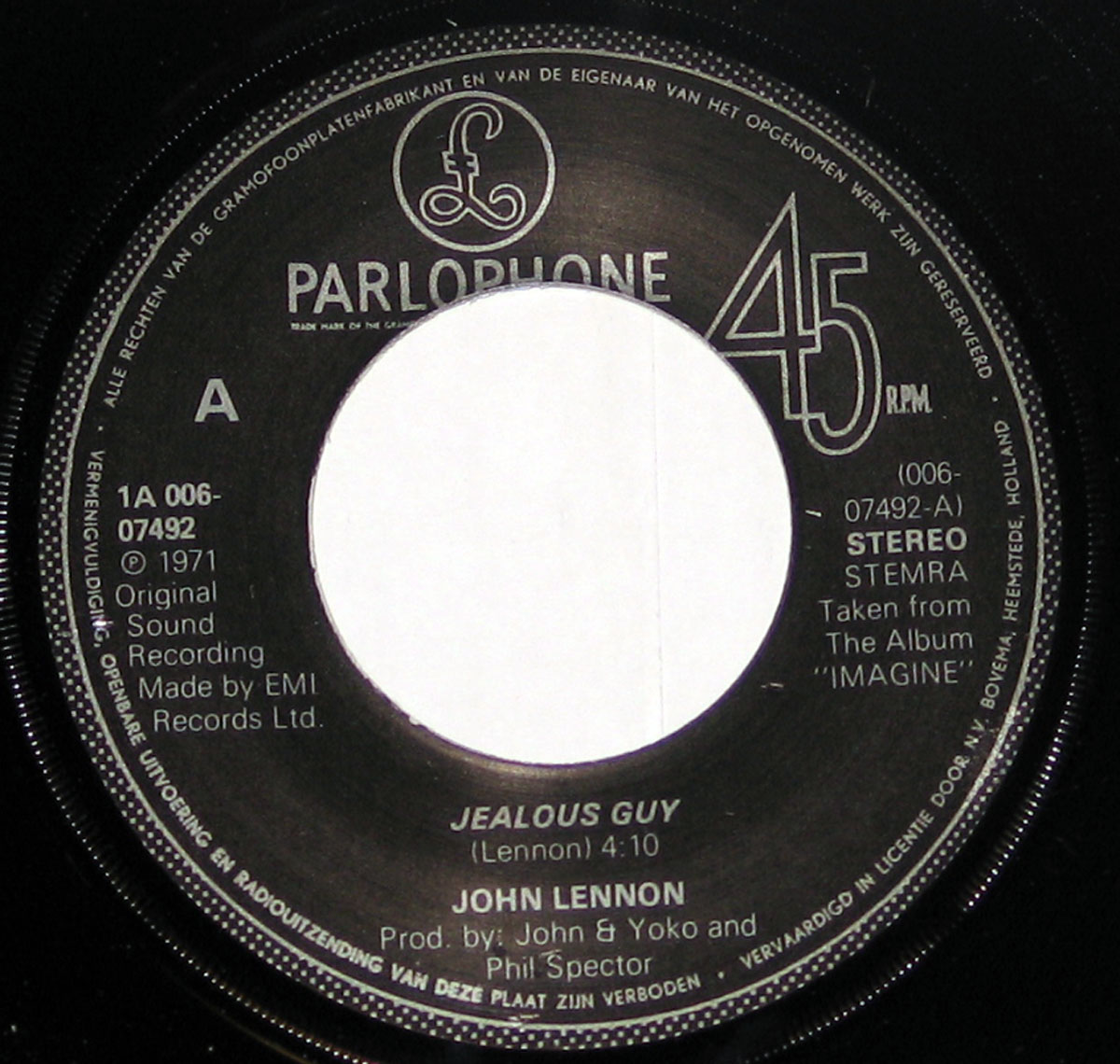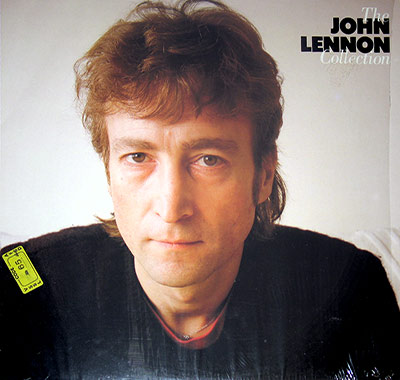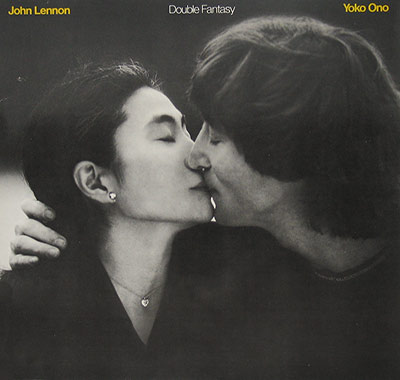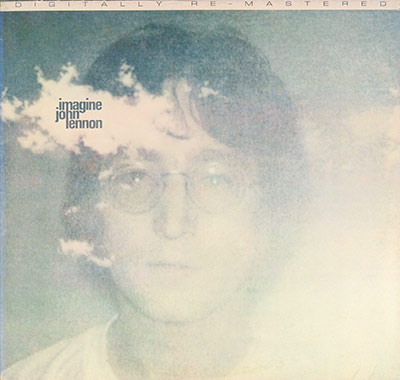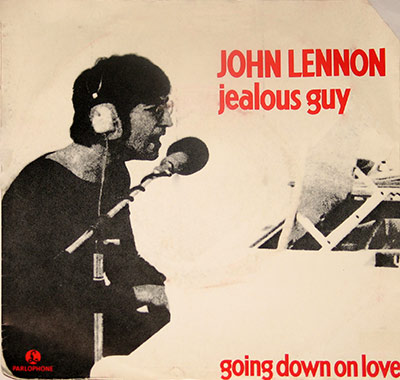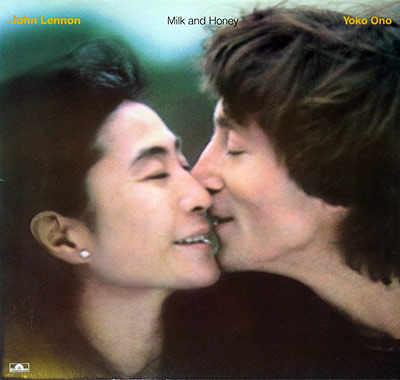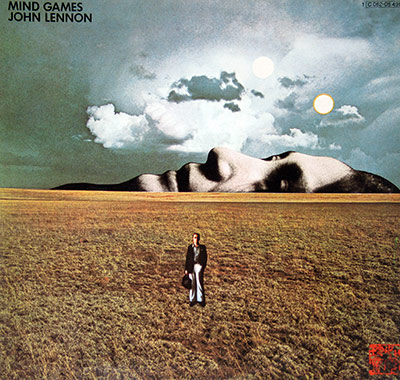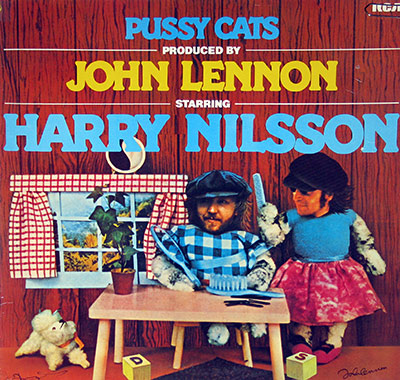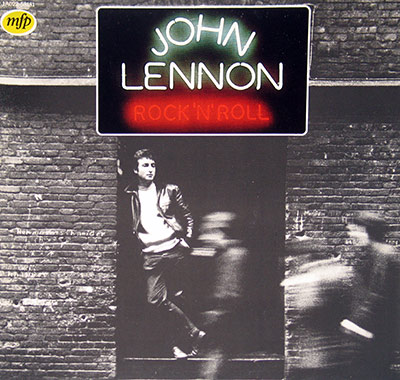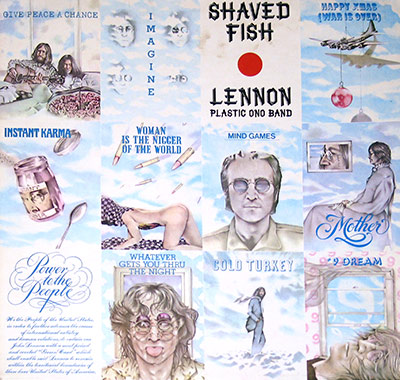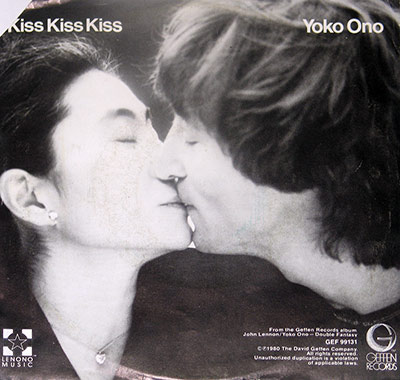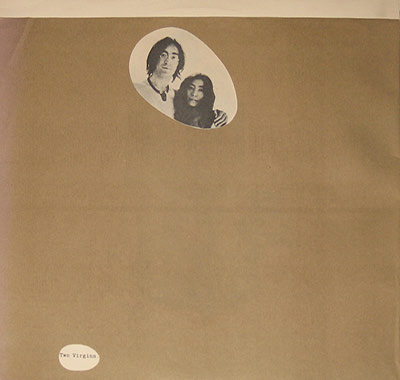"Jealous Guy" Album Description:
The release of John Lennon's "Jealous Guy" in the Netherlands on the Parlophone label in 1971 holds a significant place in the context of the time period's music scene and production techniques. This 7" single, complete with a picture sleeve, provides a glimpse into the collaborative efforts of John Lennon, Yoko Ono, and Phil Spector, contributing to the evolution of music during that era.
In the early 1970s, the music landscape was undergoing a transformation with artists exploring new sounds, styles, and production methods. Lennon's solo work post-The Beatles showcased his artistic prowess and experimental spirit. "Jealous Guy" stands as a testament to this period, characterized by a blend of introspective lyrics and intricate musical arrangements.
The production of the single reflects the convergence of talent, with John Lennon and Yoko Ono actively involved alongside the legendary Phil Spector. Spector, known for his innovative "Wall of Sound" production technique, brought a distinctive touch to the recording. The use of the British pound sign on the black Parlophone label, coupled with Dutch rim text and the STEMRA marketing code, highlights the international collaboration and distribution of music during this time.
The choice of a picture sleeve featuring Lennon playing the piano in a studio adds a visual dimension to the release. In an era where album artwork played a crucial role in storytelling, this image provides a glimpse into the creative process, inviting listeners to connect with the artist on a more personal level.
Furthermore, the catalog number "1A 006-07492" identifies this release as a unique artifact of the Dutch music market in 1971. Catalog numbers served as crucial identifiers for both record labels and consumers, facilitating the organization and retrieval of specific releases.
